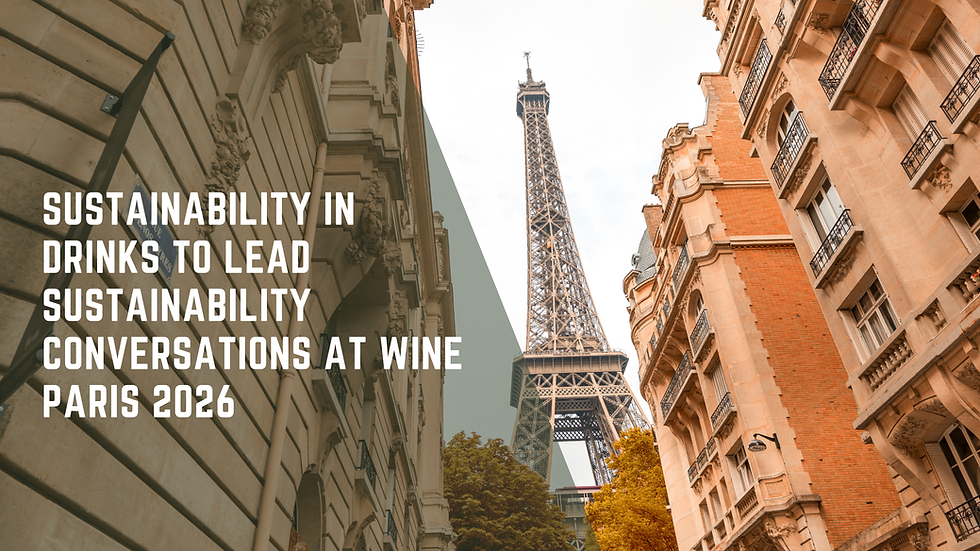Owning and Working with Biomass Boilers: Our Knowledge Exchange Seminar
- International Wineries for Climate Action (IWCA)

- Feb 27, 2023
- 2 min read

We recently held our very first IWCA Knowledge Exchange Seminar—a new, member-exclusive initiative from International Wineries for Climate Action (IWCA) to facilitate knowledge sharing among our member wineries on concrete strategies to reduce greenhouse gas emissions.
Our first seminar pulled back the curtain on biomass boilers.
Biomass boilers are an effective, environmentally responsible alternative to fossil fuels. They not only enable the reduction of CO2 emissions, but also allow for the reuse of organic material from vineyard work, winery forests, and woods.
We invited two of our member wineries to share the pros, cons, and what they learned from their experiences working with biomass boilers. Miquel Torralba, a Project Engineer at Familia Torres (Spain), spoke about their larger facility while Amélie Caplain CSR Manager and Rémy Moribot, Technical Director at Château Troplong Mondot (France) spoke about their experiences with a smaller capacity boiler.

Speakers from both wineries highlighted a number of advantages that biomass boilers have brought to their operations, including:
Cost savings
Reduced landfill waste
Reduced reliance on fossil fuels
Supporting local businesses supplying biomass
Amélie Caplain shared that Château Troplong Mondot uses energy from its biomass boilers to heat 1,800 square meters. The winery also uses the energy to heat water for all of its facilities,
harvesting, and vinification. “We have worked hard through testing and trials to make our own wood pellets from our vineyard waste. We prune and collect the shoots in winter, shred the shoots with our own machine, and send them off to a local wood pellet producer who adds sawdust to improve energy efficiency and homogeneity,” explained Amélie. 100% of the winery’s vine shoots are used in this process, eliminating a significant source of waste.

As a smaller winery, Amélie explained that Château Troplong Mondot uses two smaller (210kw) boilers, rather than a much larger boiler that would exceed their needs. Larger scale biomass boilers are a good solution for larger wineries, however, as evidenced at Familia Torres, which uses a 2,600kw facility.
In tandem with its biomass boiler, Familia Torres uses an absorption cooling machine, which has achieved 10% further savings in electricity use. “It produces 2MW per hour using steam as a bioproduct of the biomass boiler, which means you are not using energy from the grid. Plus, it reduces noise pollution and maintenance needs,” shared Miquel Torralba.
Our speakers also spoke about what they have learned from their biomass boilers.
This included sharing some of the difficulties they have encountered and areas for improvement. These frank discussions—off-the-record, by wineries, for wineries—are one of the valuable opportunities that IWCA facilitates for our member wineries.
This was the first of a series of seminars to capture and share the wealth of knowledge within IWCA about what works to reduce greenhouse gas emissions in the wine sector. Our next Knowledge Exchange Seminar will be in May, focusing on the latest advances in regenerative farming.






Comments